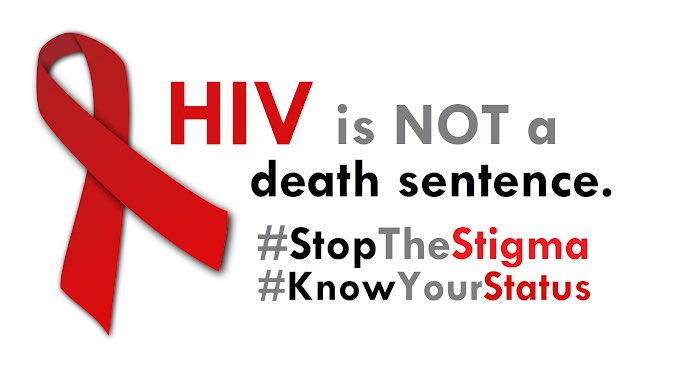Discussants at a panel discussion on HIV and its impact on the youth have urged young people to get tested to know their status to enable them to fight the virus as early as possible.
According to them, most young people refuse to get tested for the virus and by extension other Sexually Transmitted Diseases (STIs) out of fear of possibly being diagnosed as positive They, therefore, encouraged the youth to get tested and added that being positive did not mean the end of the world for them because there is advancement in western medicine…Click Here To Continue Reading>> …Click Here To Continue Reading>>
They also noted that there were ways to mitigate the virus to prevent it from evolving into Acquired Immunodeficiency Syndrome (AIDS).
The discussants included the Co-founder and Chief Executive Officer (CEO) of Verifie Health, Alexander Quaisie; a Sexual Health Educator, Barbara Ntumy; an [HIV Clinician and Consultant for National AIDS Control Programme, Dr Nyonuku Akosua Baddoo; a Social Worker, Sexual and Reproductive Health Rights and Human Right Advocate, Gideon Adjaka, and the Programmes Manager at DKT, Nafisatu Sulemana.
The Panel Discussion
The panel discussion was organised last Thursday by Verifie Health, a medical centre that specialises in the testing of STI’s, in commemoration of World AIDS Day, which is celebrated annually on December 1.
It is a day set aside by the United Nations (UN) dedicated to raising awareness of the AIDS pandemic caused by the spread of HIV infection and mourning those who have died of the disease.
The event, which was on the theme; “U=U, Equalise”, was in partnership with The Joint United Nations Programme on HIV/AIDS (UNAIDS), Ghana AIDS Commission, the French Embassy to Ghana, the European Union and DKT International.
Living with HIV
Mr Quaisie, touching on the theme, explained that if a person was living with HIV and took one’s medications regularly one would develop an undetectable HIV viral load and could not transmit it sexually to his or her partner, even without the use of a condom.
“This is a far cry from what we always knew and understood given that HIV is such a deadly virus and only condoms can prevent an HIV-positive partner from infecting an HIV-negative partner,” he explained.
He, therefore, encouraged people living with HIV and their partners to continue taking their medications, which would contribute to the end of AIDS in 2030.
Impediments to testing
Mr Adjaka noted that self-stigmatisation had become one of the leading impediments to testing among young people. READ FULL STORY HERE>>>CLICK HERE TO CONTINUE READING>>>
He explained that this was attributed to some wrongful myths and misconceptions about the virus and added that it was as a result of inadequate information about it.
“Although we have done a lot of work around changing the narratives like using the model approach where individuals living with the virus publicly disclose their status, people still have that mentality,” Mr Adjaka said.
Moral judgement
For her part, Ms Ntumy said having HIV or any other STI was seen as a moral judgement because of their most common method of transmission, which was sex.
She explained that young people were judged due to religious doctrines for doing something natural that made them happy.
“In the Ghanaian culture, a lot of people adhere to a higher authority and that authority guides a lot of ridicule.
“So if this thing is seen as a moral judgement, it creates a lot of contradictions and complications and that’s part of the problem,” she emphasised.
Advice
Dr Baddoo, in her submissions, encouraged young people to engage in preventive measures such as abstinence and the consistent use of condoms when necessary.
She similarly urged them to get tested, adding that early detection was the first step to fighting the virus if diagnosed positive.
Dr Baddoo also said persons living with HIV could have a normal and fulfilling life considering they adhered strictly to their medications and listened to their doctors’ advice.
“I know it’s not easy to get diagnosed as HIV positive because of our mentality that it’s a death sentence,” she added


 SPORTS10 months ago
SPORTS10 months ago
 IN-THE-NEWS11 months ago
IN-THE-NEWS11 months ago
 HEALTH & LIFESTYLE6 months ago
HEALTH & LIFESTYLE6 months ago
 SPORTS10 months ago
SPORTS10 months ago
 SPORTS10 months ago
SPORTS10 months ago
 SPORTS11 months ago
SPORTS11 months ago
 IN-THE-NEWS6 months ago
IN-THE-NEWS6 months ago
 SPORTS10 months ago
SPORTS10 months ago


